

PCOD (Polycystic ovarian disease) or PCOS (Polycystic Ovarian Syndrome) is one of the most common illnesses affecting women today who are in their reproductive years. The female ovary, along with the womb, is located in the pelvis. After every month, they produce and distribute follicle-developed eggs for fertilization, which are subsequently put into the uterus. Each month, additional follicles than normal (fluid-filled cysts) form in PCOD patients, but neither of them mature to deliver an egg. As the ovum is not expelled with menstruation over the course of many a period of time it stays in the ovaries and fluid begins to gather around it, eventually developing into cysts causing PCOS. For this problem, women must go for PCOS and PCOD treatment in homeopathy.
PCOD and PCOS show various symptoms in females including mood swings, pelvic pain, and sleep problems. All these symptoms are a result of different reasons. Whatever may be the cause, at Afecto Homeopathy we have highly skilled doctors who look out for PCOD and PCOS problems. They suggest the best possible homeopathic medicines that correct the root cause of the problem and provide relief in the long term.
Although the degree and kind of symptoms might vary from person to person, PCOS and PCOD have somewhat similar symptoms. Both PCOD and PCOS have the following common symptoms:
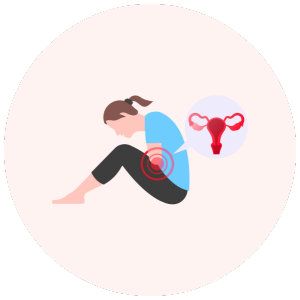
Irregular Menstrual Cycles
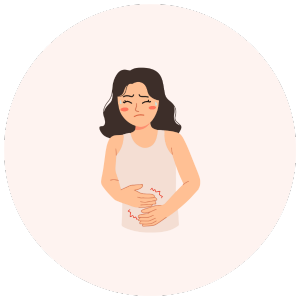
Ovulatory Dysfunction
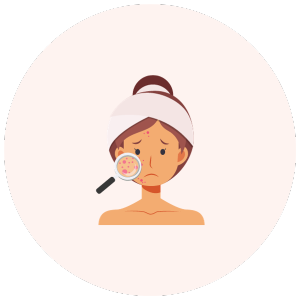
Skin Issues

Mood Changes

Fatigue
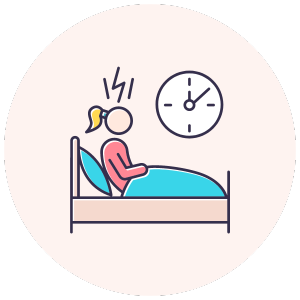
Sleep Disorders
Since both problems are a little bit different from one another, they have nearly the same causes. The causes can vary from person to person but in general terms, some common causes of PCOD and PCOS are:
Luteinizing Hormone (LH) and androgen levels (such as testosterone) are typically higher than those of Follicle-stimulating Hormone (FSH) in PCOS and PCOD patients. The ovarian system can be damaged by these imbalances.
Inactive habits and obesity might exacerbate glucose resistance and other metabolic conditions linked to PCOS or PCOD.
There is confirmation that PCOD may run in families, suggesting that the disorder has a hereditary component but this is not in the case of PCOS.
High insulin levels are a factor in the conversion of carbohydrates and starches into calories. Your body’s capacity to utilize insulin properly is compromised if you suffer from an insulin resistance problem and as a result, your pancreas releases additional insulin to make glucose accessible to your cells (thus hyperinsulinemia). The body’s production of androgen may be increased by excessive insulin, which may alter the ovaries’ capacity to ovulate.
PCOD (Polycystic Ovary Disease) | PCOS (Polycystic Ovarian Syndrome) |
Most common in females | Rarely found in females |
Disorders due to hormonal imbalance | Disorder in ovaries due to immature follicles |
More than 10 cysts found | Less number of cysts |
Can be cured through medications | Cannot be reversed |
Easy to get pregnant with medicines | Difficulty in getting pregnant |
Doesn’t affect the body to such an extent | High risk of Diabetes, BP and obesity |
At Afecto Homeopathy® Clinic, we know every patient is unique and their health requirements necessitate individualized care. To assist you attain your utmost well-being, we are committed to offering comprehensive and holistic care.
Homeopathic medicine offers various benefits for patients. It aims to treat the patient, not just the symptoms of a particular disease. By considering a person’s physical, mental, and emotional well-being, homeopathic treatments try to promote long-term health and balance. The medications used in homeopathy are made from natural ingredients. They are gentle, non-toxic, and have no side effects. Here are some of the benefits of homeopathic medications:

Corrects the root cause

Treats acute as well as chronic conditions

Safe and no side-effects
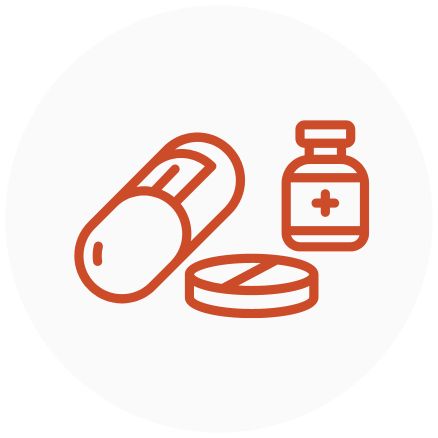
Individualized Medicine
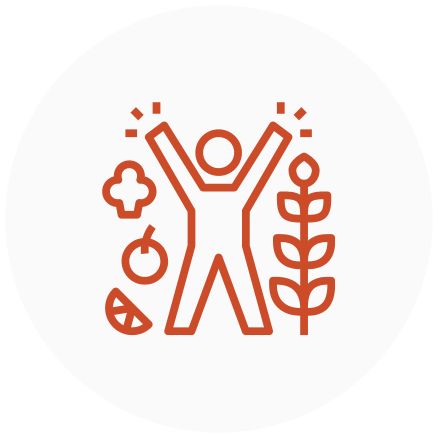
Long-lasting Relief
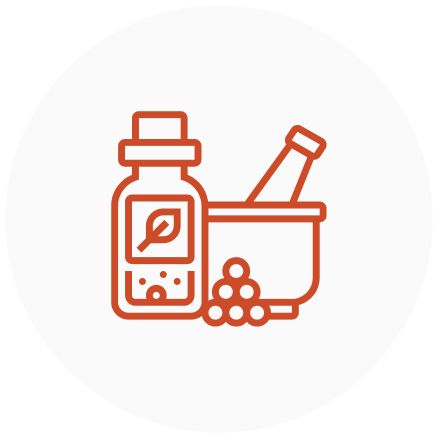
Complementary Care Along Allopathy


Afecto Homeopathy is your destination for exceptional care led by the best homeopathic doctors. Our expert team prioritizes your overall well-being, dedicating themselves to enhancing your life through innovative technology and advanced techniques. With a strong focus on transforming your health, our doctors with 30+ years of clinical experience bring you one step closer to a better lifestyle. Experience the difference with the best homeopathic doctors, and embark on a journey of healing and well-being with Afecto Homeopathy®.









Sometimes, more than the fastest method you must opt for a better method to treat PCOD and PCOS can be very well treated with homeopathic medications along with some lifestyle modifications.
To control your PCOD, you must:
If you take proper medications and follow a good lifestyle, it will generally take 6 to 8 months to be corrected.
You can manage the symptoms of PCOS but it cannot be permanently cured. But, homeopathic medications can show significant improvement in PCOS patients.
Certain foods help in PCOD and PCOS patients. It includes:

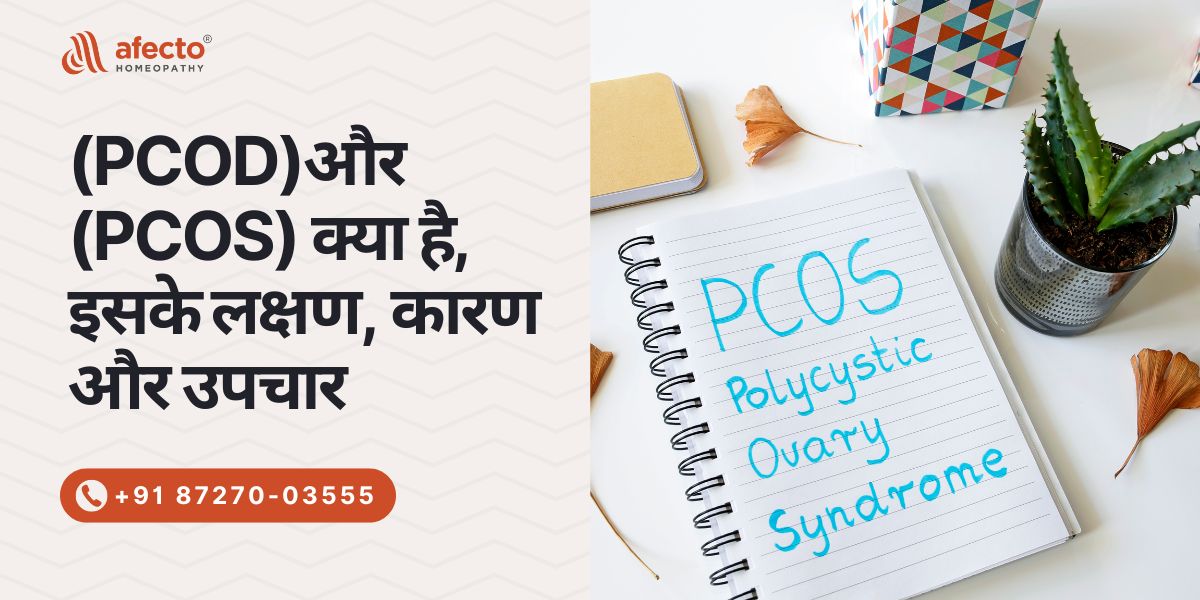


Afecto CareBot
AI-Powered Homeopathy Support
Afecto CareBot
Hi! 😊 Looking for personalized homeopathy treatment? I’m here to help you.